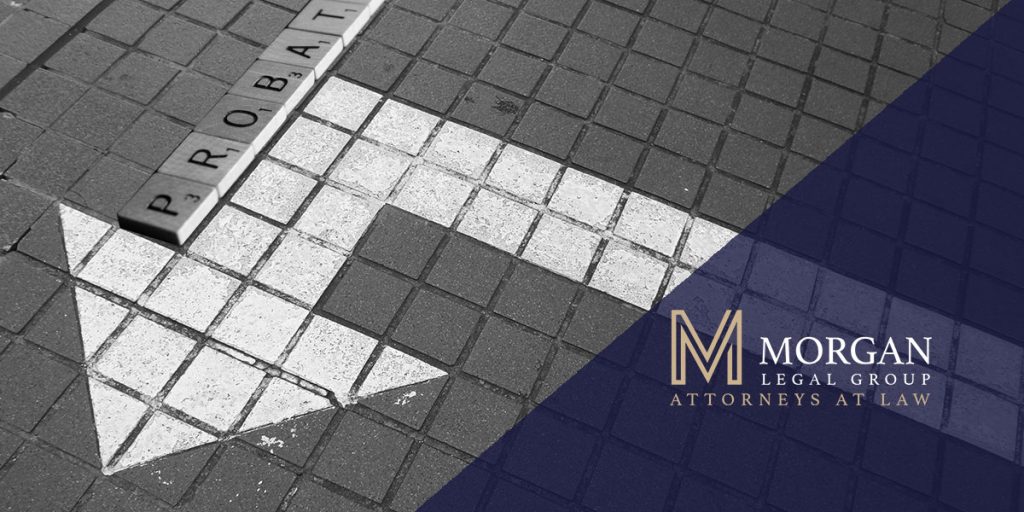Understanding the Probate Process and Avoiding It in NYC
The probate process is a legal procedure used to validate and administer the estate of a deceased individual in New York City. While probate is designed to ensure the orderly distribution of assets, it can be time-consuming and costly. In this comprehensive guide presented by Morgan Legal Group, located in New York City, we will delve into how the probate process works and explore strategies to avoid it.
How Does the Probate Process Work in NYC?
The probate process in New York typically involves several key steps:
1. Filing a Petition
Probate begins with filing a petition with the Surrogate’s Court in the county where the deceased person resided. The petition includes the last will and testament, if there is one, and details about the deceased’s assets and beneficiaries.
2. Appointment of an Executor
If the court finds the will to be valid and appoints an executor, that person is responsible for administering the estate. The executor’s duties may include identifying and valuing assets, paying debts and taxes, and distributing assets to beneficiaries as outlined in the will.
3. Notice to Creditors and Beneficiaries
The executor must provide notice to creditors and beneficiaries. Creditors have a specified period to make claims against the estate, and the executor is responsible for paying valid debts from estate assets.
4. Asset Inventory and Valuation
The executor must create an inventory of the deceased’s assets, including real estate, bank accounts, investments, and personal property. These assets are then appraised to determine their value.
5. Payment of Debts and Taxes
Before distributing assets to beneficiaries, the executor must settle outstanding debts and taxes, including income tax, estate tax, and any other applicable taxes.
6. Asset Distribution
Once all debts and taxes are paid, the remaining assets are distributed to the beneficiaries according to the terms of the will. New York’s intestate succession laws dictate the distribution if there is no will.
7. Final Accounting
The executor is required to prepare a final accounting that details all financial transactions related to the estate. This accounting is submitted to the court for approval.
8. Court Approval and Closing
After reviewing the final accounting and ensuring that all legal requirements have been met, the court approves the executor’s actions, closing the estate.
Challenges and Drawbacks of the Probate Process
While probate serves important purposes, there are several challenges and drawbacks associated with the process:
1. Time-Consuming
Probate can be lengthy, often taking several months or even years to complete. During this time, assets may be tied up and inaccessible to beneficiaries.
2. Costs
The probate process can be expensive, with fees for court filing, legal representation, and executor compensation. These costs can significantly reduce the estate’s value.
3. Lack of Privacy
Probate is a public process, meaning that the details of the estate, including its assets and beneficiaries, become part of the public record. This lack of privacy can be a concern for some families.
Strategies to Avoid Probate in NYC
Given the potential challenges associated with probate, many individuals seek strategies to bypass the process. Here are several methods to consider:
1. Revocable Living Trust
A revocable living trust allows you to transfer assets to a trust during your lifetime, with instructions for distribution upon your death. Assets held in a trust typically do not go through probate, enabling a smoother and more private transfer to beneficiaries.
2. Joint Ownership
Assets held in joint tenancy or tenancy by the entirety with the right of survivorship automatically transfer to the surviving joint owner(s) upon your death. This includes real estate, bank accounts, and some investments.
3. Beneficiary Designations
Assets such as life insurance policies, retirement accounts, and payable-on-death (POD) or transfer-on-death (TOD) accounts allow you to name beneficiaries. Upon your passing, these assets are directly distributed to the designated beneficiaries.
4. Small Estate Affidavit
New York offers a simplified probate process for small estates valued at $50,000 or less. If the estate qualifies, beneficiaries can use a small estate affidavit to claim assets without going through formal probate.
5. Lifetime Gifts
Consider making gifts of assets during your lifetime to reduce the overall value of your estate. Be mindful of gift tax rules and consult with an estate planning attorney for guidance.
Conclusion
The probate process in NYC can be complex, time-consuming, and costly. However, with careful estate planning and the assistance of experienced professionals like the team at Morgan Legal Group, you can explore strategies to avoid probate and ensure the efficient transfer of your assets to your loved ones.


